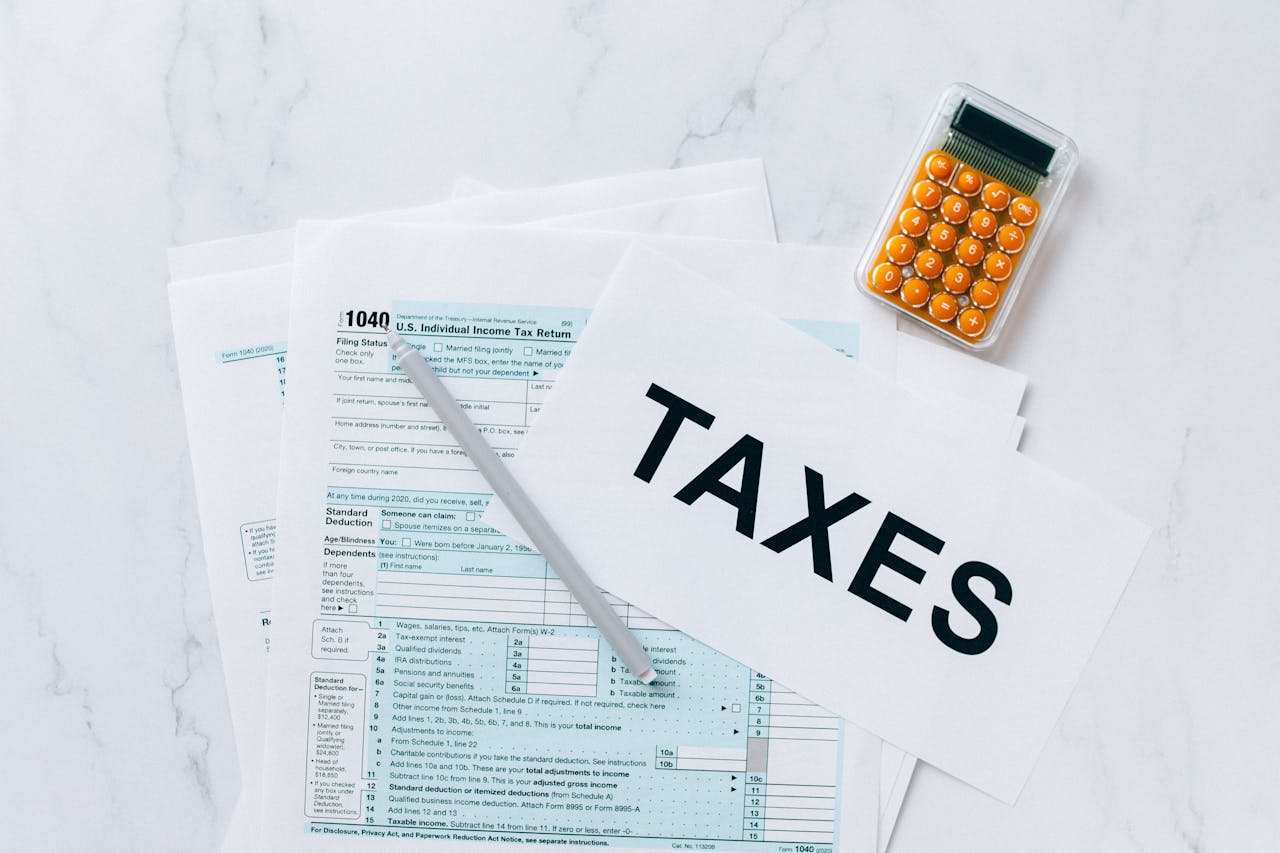Introduction
As cryptocurrencies continue to expand in popularity, U.S.-based investors must be vigilant about their tax obligations. The IRS has increased scrutiny on crypto transactions, and with tax regulations evolving, it’s crucial to stay informed about how your trading activities are taxed.
In this article, we’ll delve into the fundamentals of crypto trading taxes, provide tips on staying compliant, and offer insights into maximizing your tax efficiency.
Understanding U.S. Crypto Taxation
In the United States, the IRS treats cryptocurrency as property, not currency. This means any transaction, trade, or disposal of crypto is potentially subject to capital gains taxes. The capital gains tax rate you pay depends on how long you held the asset and your overall income.
- Short-term Capital Gains: If you hold your cryptocurrency for less than a year before selling or trading, your gains will be taxed as ordinary income. The rate could range from 10% to 37%, depending on your tax bracket.
- Long-term Capital Gains: If you hold your crypto for over a year, your gains benefit from lower tax rates, ranging from 0%, 15%, or 20%, based on your income level.
Income Tax on Crypto Earnings
Apart from trading, earning crypto through mining, staking, airdrops, or receiving it as payment is considered taxable income. The fair market value of the cryptocurrency received on the day you earned it will be counted as income and taxed at your ordinary income rate.
Keeping Accurate Records
The IRS mandates detailed record-keeping for all crypto transactions. This includes:
- Dates of purchase and sale
- The cost basis (what you paid for the crypto, including fees)
- The sale price (what you received, including any associated fees)
It's essential to maintain thorough documentation, as this will form the basis of your tax calculations.
How Crypto Loophole Can Help
Staying compliant with tax obligations can be overwhelming, but using reliable trading platforms like Crypto Loophole can simplify the process. Here’s how it can be beneficial:
- Automated Tax Reporting: Generates comprehensive reports detailing your gains, losses, and cost basis, making tax filing easier.
- Integration with Tax Software: Syncs with platforms like TurboTax and H&R Block, streamlining the process of importing your data.
- Real-time Tracking: Enables you to monitor your taxable gains and losses throughout the year, helping you make informed decisions.
Strategies for Minimizing Tax Liability
- Tax-Loss Harvesting: Offset your gains by selling assets that have lost value. You can reduce your taxable income by balancing gains with losses.
- HODLing: Holding assets for more than one year can significantly reduce your tax rate since long-term capital gains are taxed at lower rates.
- Donating Crypto: If you donate crypto to a qualified charity, you can potentially claim a tax deduction for the fair market value of your donation while avoiding capital gains taxes.
Recent Changes in 2024
The IRS has introduced some updates in 2024, which include:
- Enhanced Reporting Requirements: Exchanges are now required to provide more detailed 1099 forms, ensuring accurate reporting of your transactions.
- Wash Sale Rule for Crypto: There’s ongoing discussion on applying wash sale rules to crypto assets. If enacted, it would prevent you from claiming a loss on a sale if you repurchase the same asset within 30 days.
Conclusion
Crypto trading offers exciting opportunities, but it's essential to stay on top of your tax obligations. By keeping accurate records, leveraging platforms like Crypto Loophole, and consulting with tax professionals, you can ensure compliance and potentially reduce your tax liability.
If you have any questions or require further assistance, our team at Block3 Finance can help you.
Please contact us by email at inquiry@block3finance.com or by phone at 1-877-804–1888 to schedule a FREE initial consultation appointment.
You may also visit our website (www.block3finance.com) to learn more about the range of crypto services we offer to startups, DAOs, and established businesses.
